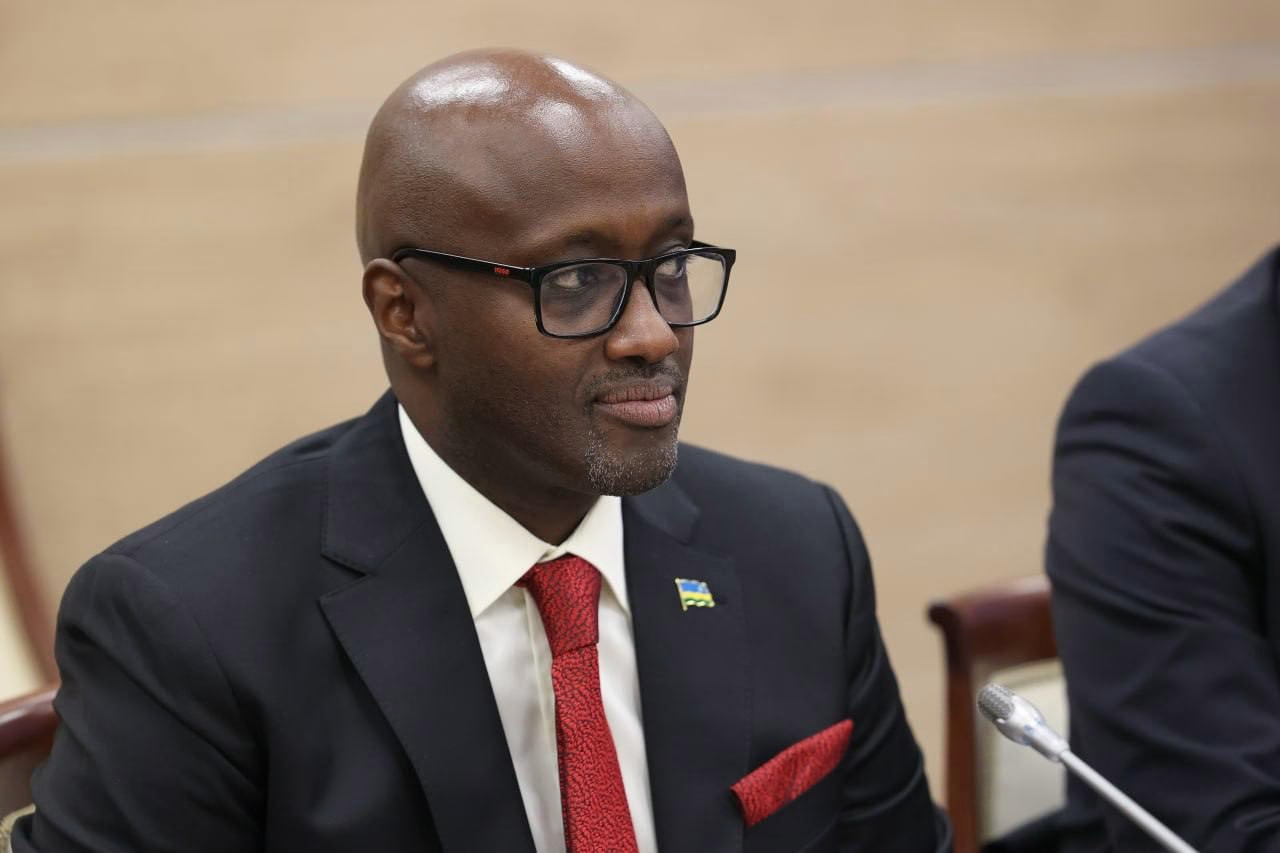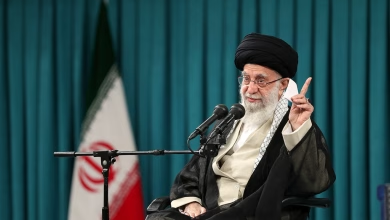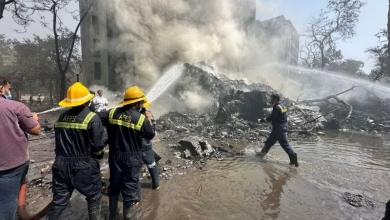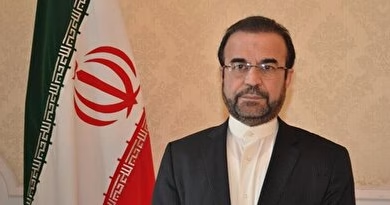Rwanda is in the early stages of discussions with the Trump administration regarding the potential acceptance of migrants deported from the United States, according to the country’s Foreign Affairs Minister, Olivier Nduhungirehe.
His remarks follow comments by US Secretary of State Marco Rubio, who stated last month that the US is actively seeking countries willing to receive individuals deemed “some of the most despicable human beings.”
Nduhungirehe noted that such discussions are not new to Rwanda, referencing a similar agreement with the United Kingdom to accept deported migrants—though that plan was later scrapped by the UK’s new Labour government under Prime Minister Sir Keir Starmer after facing legal hurdles.
Speaking on Rwandan television on Sunday, the minister said the initiative aligns with the country’s commitment to offering a second chance to vulnerable migrants worldwide. He emphasized, however, that negotiations with the US are ongoing and that it is premature to speculate on their outcome.
Since assuming office in January, President Donald Trump has prioritized accelerating the deportation of undocumented migrants, promising large-scale removals. In February, El Salvador agreed to accept deported individuals, including some US citizens, in return for financial compensation. Panama and Costa Rica have also accepted deportees from the US.
An unnamed Rwandan official previously told The Washington Post that the country was “open” to hosting more US-deported migrants, revealing that Rwanda accepted an Iraqi national in March. The same official confirmed that discussions with the Trump administration began shortly after his January inauguration.
Rwanda has faced international scrutiny over its human rights record, with critics warning that deported individuals might be at risk of being sent to third countries where their safety is not guaranteed. Nonetheless, Rwandan authorities maintain that the country offers a secure and stable environment for refugees.




